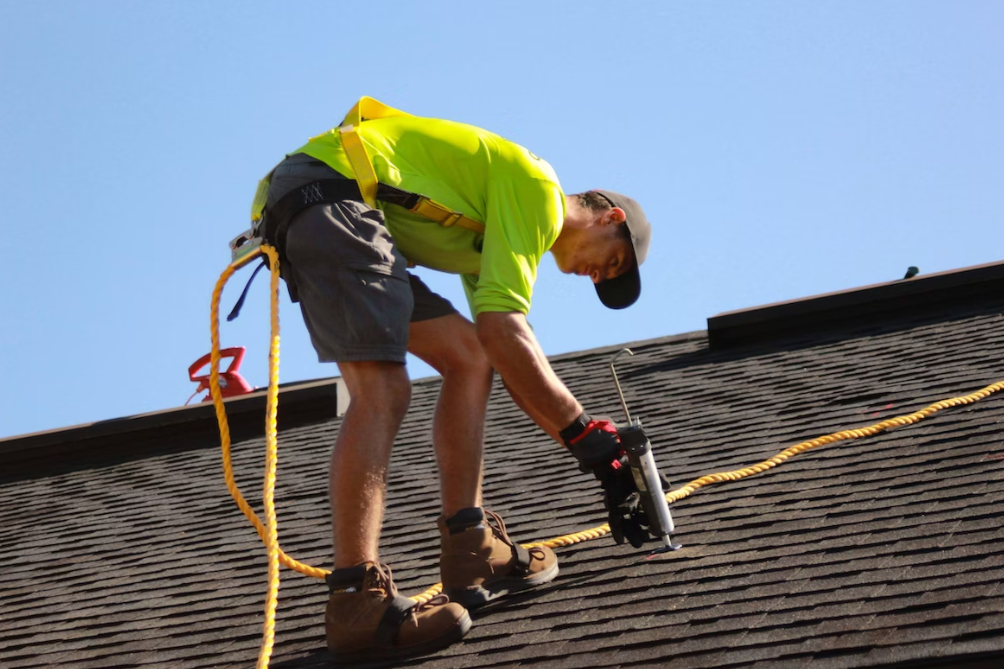When you’re at a crossroads with a flipped property, deciding whether to rent it or sell it can be an uncertain task!
Each option carries its own set of advantages and considerations, tailored to your immediate financial needs and long-term investment strategy. This guide will explore these aspects to help you make an informed decision that aligns with your personal and financial goals.
The Appreciation Advantage of Renting
Choosing to rent out your property can be particularly advantageous if property values in your area are on the rise. By holding onto the property, you gain the potential benefit of appreciation, allowing the value of your home to increase over time. This strategic patience could pay off substantially, as you might eventually sell the property at a significantly higher price than if you sold immediately. Renting out your property not only generates a steady income stream but also keeps your investment primed to capitalize on favorable market conditions.
Renting Offers Flexibility for Future Use
Renting out your flipped home also offers unmatched flexibility regarding future personal use. If you foresee a scenario where you might want to move back into the home, or perhaps retain it within the family, renting allows you to keep these options open. This is particularly useful if you’re uncertain about long-term plans or if you’re considering passing down the property to your children. Renting provides a buffer, giving you time to decide without losing ownership or the sentimental value associated with the property.
Rentals Require Marketing
If renting is your chosen path, it’s essential to market your property effectively to capture the widest audience possible. Using a variety of platforms to showcase your rental with high-quality photos and detailed descriptions of its amenities will enhance your listing’s appeal. To further distinguish your property, create a video walkthrough using a free video maker that allows you to easily create free videos, add audio, adjust the speed, and animate elements, ensuring your rental stands out in a competitive market.
Evaluating the Local Market Conditions
Understanding the local real estate market conditions is crucial in making an informed decision about whether to rent or sell your renovated home. Analyze current trends in home prices, demand for rental properties, and economic indicators such as employment rates and population growth. A thriving local economy with job growth can lead to increased demand for both buying and renting homes, influencing your decision to either hold onto the property for potential appreciation or sell it for immediate financial gains.
You’ll Also Need Landlord Insurance
As a landlord, you will need to adjust your insurance coverage, transitioning from a standard homeowner’s policy to landlord insurance. This type of insurance is generally more expensive but essential as it covers potential property damage, lost rental income, and liability in case tenants experience injuries or there are disputes. Understanding and managing these risks are part of the responsibilities of renting out your property, making it important to factor these into your decision-making process.
There are Costs Associated with Selling
If you choose to list as a sale, selling your flipped home comes with its own set of financial considerations, primarily the costs involved in the transaction. Real estate commissions and other fees can quickly add up, significantly reducing the profit you might expect from the sale. These expenses are vital to consider when calculating the potential net gain from selling your property, as they can make a notable difference in the overall financial outcome.
Selling Means Quick Access to Cash
If there’s an outstanding mortgage on the property, selling it provides immediate funds that can be used to settle this debt. This not only relieves you of a significant financial burden but also saves you money that would have otherwise gone toward interest payments. Selling the property allows you to close this chapter financially and focus on other investments or purchasing another property without the looming concern of existing debt.
A Sale Sets You Up for Portfolio Diversification
Selling your flipped home converts a large, illiquid asset into liquid funds. This influx of cash enhances your financial flexibility, providing you with the opportunity to diversify your investments. It reduces your exposure to the volatility of the real estate market, allowing you to potentially invest in stocks, bonds, or other real estate ventures with different risk and return profiles. Diversification is a cornerstone of sound financial planning, helping you to manage risks more effectively across your investment portfolio.
The decision to rent or sell your flipped home involves weighing various financial and personal factors. Whether you choose to benefit from potential property appreciation and personal flexibility by renting or opt for immediate financial relief and investment diversification by selling, ensure that your choice aligns with your broader financial strategies and life goals. This thoughtful approach will help you maximize the benefits of your investment in the real estate market.




